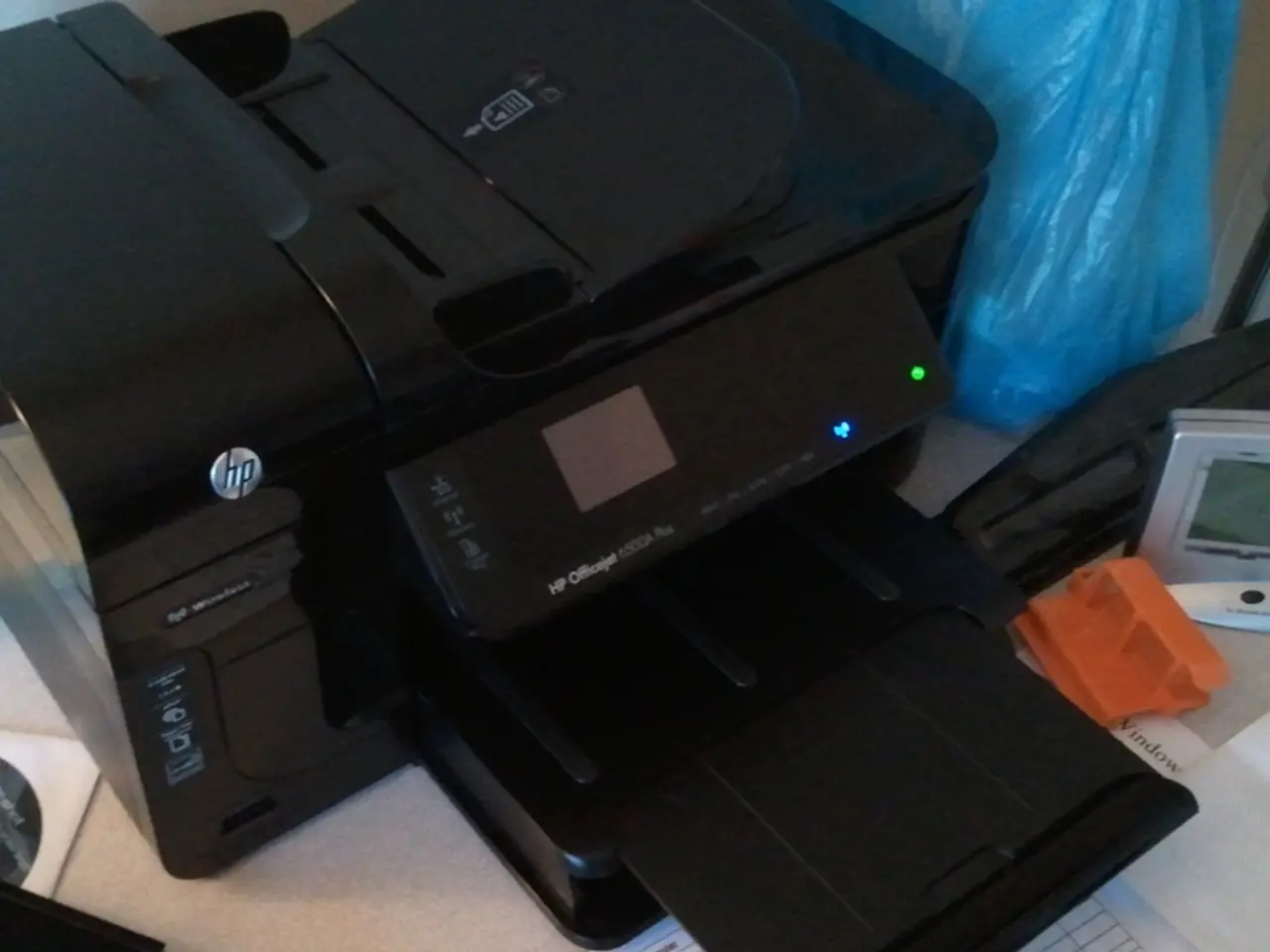Seagate launches 30 Terabyte HAMR hard drives for general public - IronWolf Pro and Exos drives with laser technology now easily accessible
Seagate, a leading storage solutions provider, has recently introduced two new hard disk drives (HDDs) – the Exos M 30TB and IronWolf Pro 30TB. These drives are equipped with the latest heat-assisted magnetic recording (HAMR) technology, marking the first time Seagate's Mozaic 3+ technology is available to the mass market.
The new HDDs operate at a rotational speed of 7,200 RPM, which is standard for enterprise-class performance drives. They utilize a SATA 6 Gbps interface and consume an average of 6.9W and a maximum of 9.5W. The drives are built on the Mosaic 3+ platform, Seagate's second-generation implementation of HAMR, and feature a specialized plasmonic writer subsystem with a vertically integrated nanophotonic laser.
In terms of performance, the drives deliver sustained transfer rates of approximately 275 MB/s in both sequential read and write bandwidth tests. The Exos M 30TB demonstrates a slight edge in sequential workloads, while the IronWolf Pro 30TB shows slightly faster sequential workloads and identical random read IOPS, but slightly lower random write IOPS.
The drives are rated for up to 170/350 random read/write IOPS (4K, QD16). In the 4 KiB random read benchmark at a queue depth of 16, the Exos M 30TB delivers roughly 171 IOPS, closely matching the Exos X24. However, the 4 KiB random write performance reveals a notable weakness in the Exos M, with about 346 IOPS, significantly trailing the Exos X24.
In the mixed-workload benchmark, the Exos M demonstrates a clear advantage, doubling the read IOPS of the X24 and showing reduced 99.9th percentile read latency. Despite lower sequential performance-per-TB and random performance-per-TB, the new HAMR-based 30TB HDDs are expected to maintain quality of service in data centers by using strategically placed flash-based caches.
The Exos M 30TB is designed for large-scale deployments in cloud and enterprise environments, while the IronWolf Pro 30TB is designed for use in NAS systems within commercial and enterprise environments. Both drives incorporate a large 512 MB multi-segmented cache to smooth burst transfers and intensive operations, which aids performance especially in NAS and enterprise environments.
The retail prices for the Exos M 30TB and IronWolf Pro 30TB models are $599.99 each, while the 28TB variants are priced at $569.99 each. The drives are now globally available through Seagate's online store and approved resellers.
In summary, the new Seagate 30TB Exos M and IronWolf Pro drives deliver roughly a 2% performance boost in sequential throughput but sacrifice some random write IOPS compared to previous generations. They maintain solid read IOPS and mixed workload capabilities, supported by enhanced caching and firmware tailored to their respective use cases: enterprise AI/cloud vs. robust NAS multi-user environments.
It's important to note that nearline HDDs, such as the Exos M and IronWolf Pro, are not designed for small random writes. SSDs or caching mechanisms typically handle those types of workloads in consumer NAS. Both drives are compatible with standard storage systems, ensuring compatibility with up to 36PB per rack.
Data-and-cloud-computing solutions can leverage the new Seagate Exos M 30TB and IronWolf Pro 30TB hard disk drives, which incorporate modern technology for enhanced performance in enterprise and cloud environments. These drives utilize data-and-cloud-computing technology such as Seagate's Mozaic 3+ platform, equipped with HAMR technology, and a specialized plasmonic writer subsystem.




